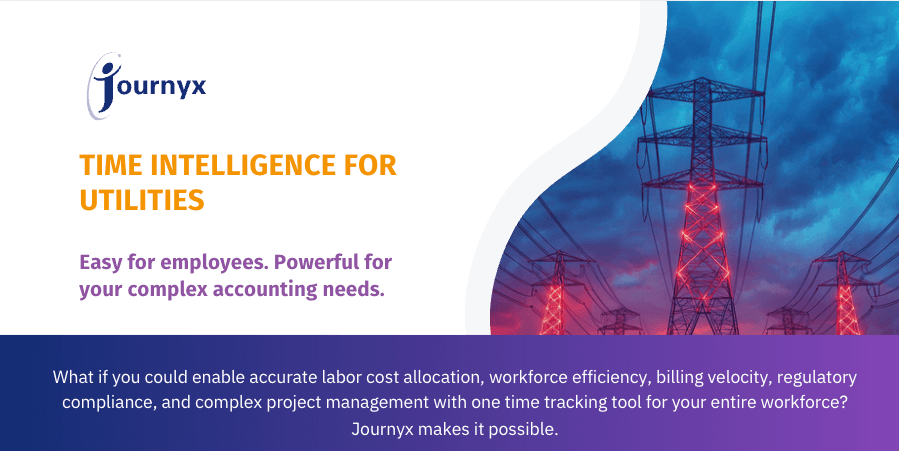Can Software Project Costs be Capitalized?
When you develop software, either as your primary business or as a tool to be used internally, you may not know that the costs for creating that software can be capitalized. This means that those costs are not expensed in the period that they were incurred, but recognized over a period of time via depreciation or amortization.
Self-constructed assets, including internally developed software, can be capitalized and added as an asset to your balance sheet. Usually it depreciates over some time, usually 2 to 5 years for software.
Why would you want to do this?
Here are some of the reasons to capitalize and depreciate your software assets instead of expensing it as it is created:
- Your profits will look higher. This could be important to banks or investment firms. Sometimes investors and lenders have a simple screen run by someone who doesn’t understand the complexities of your business and may rule your company out just because you don’t have a profit, the profit is too small, or is negative.
Capitalizing significant software investments is a way to get credit in your balance sheet and your P&L for the fact that you are investing in improving your company. If you are significantly profitable and don’t like paying taxes, then it might make more sense to expense the project.
- It is a more accurate representation of your true financial situation. If in fact, the software you are building is useful and will help improve your company, then it is a productive asset and should be treated as such in your accounting system. If it is speculative and may not work or be useful, then it might make more sense to expense it from this perspective.
So now you’ve decided you want to capitalize and depreciate this software asset you’re making. Now what?
First, know your costs because:
- It’s a good idea anyway to know your costs, especially on a per-project, per department, per customer, or even per employee basis. Knowing costs at these levels can help you understand your per-project profitability, which can improve strategy, tell you which clients to consider letting go and which to pay special attention to , and where your profits originate.
- To capitalize and then depreciate a cost, you must know it first.
- Keep in mind that knowing your costs in nearly all companies these days is primarily about understanding where employees are spending their time, because most of the cost is in your employees.
Second:
- Since you’ve had to implement an employee project time tracking system to get the data, you definitely don’t want to throw it away. Use that system to do great things for your firm going forward.
- Track all phases of the project, from specifications and requirements to design, implementation and testing and documentation and roll-out. All of these may be capitalizable. Check with your tax accountant.
- If the project is never completed or is unlikely to become completed, then the uncompleted software is imputed to have no fair value and all the work needs to be expensed. When internal-use software that was previously capitalized is abandoned, the cost less the accumulated amortization, if any, is recorded as amortization expense.
Third, now that the software asset is constructed and exists as an asset on your balance sheet, you can depreciate it over the 2 to 5-year timeframe as is appropriate for the lifetime of this software product.
If you own a long-term or permanent license to the software, keep in mind that any long-term assets such as property, infrastructure or equipment (including owned software licenses) are considered capital expenditures and from an accounting standpoint must be depreciated over the life of the asset to reflect their current value on the balance sheet.
Typically, cloud software purchases must be expensed over the lifetime of the subscription and are not capitalizable. Cloud subscription software is therefore opex, not capex. It comes down to who owns the asset.
Journyx is not a legal CPA or tax advisory service, and regulations may vary from region to region, so please check with your tax advisor for differences to these ideas as they may exist in your tax jurisdiction.
Let’s Get Started. Book a Demo Today.
Journyx helps you track time for projects, payroll, and more. Learn how Journyx can help you use time to your advantage in your business.



